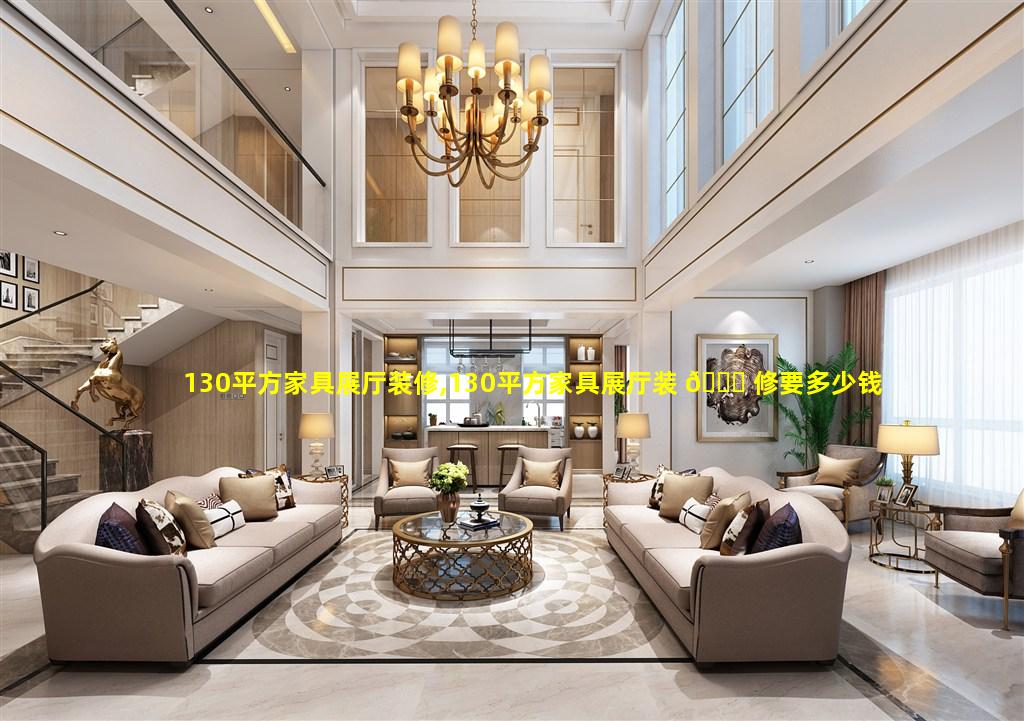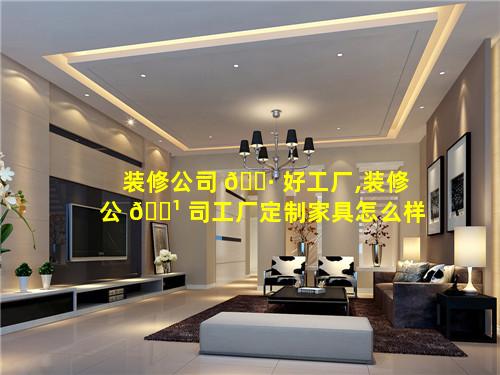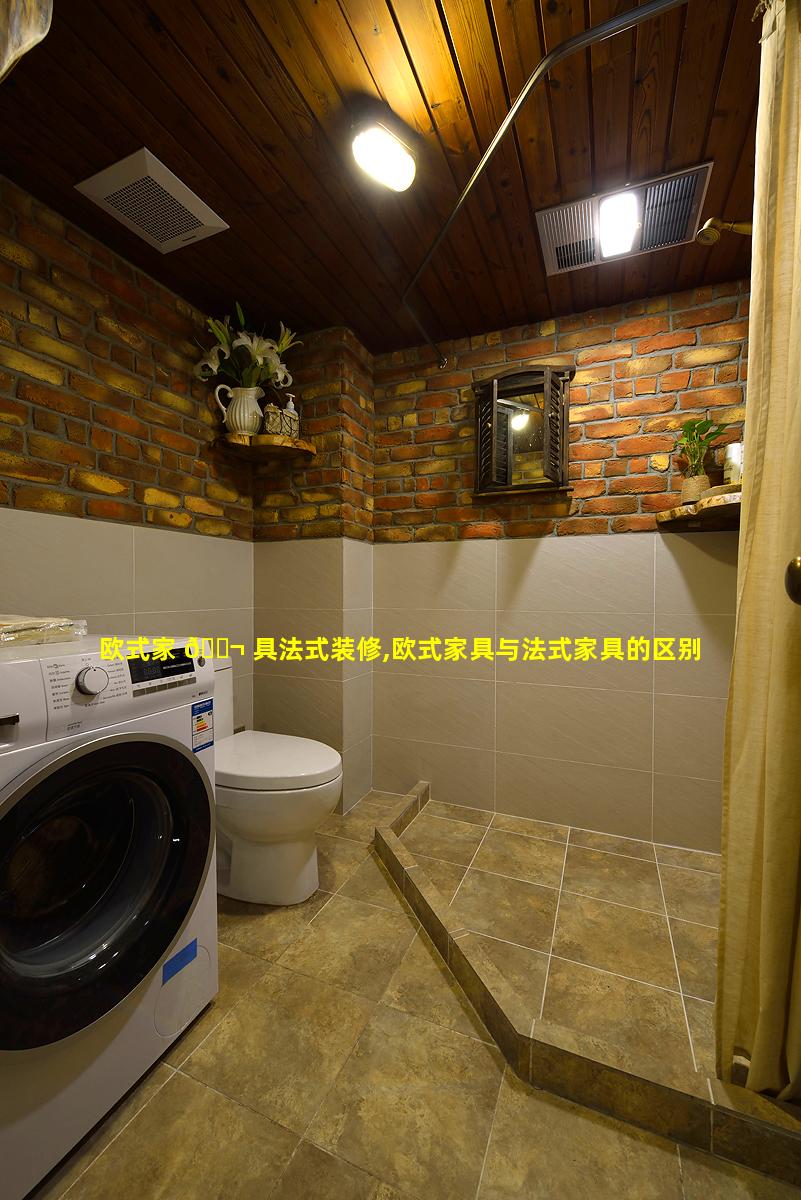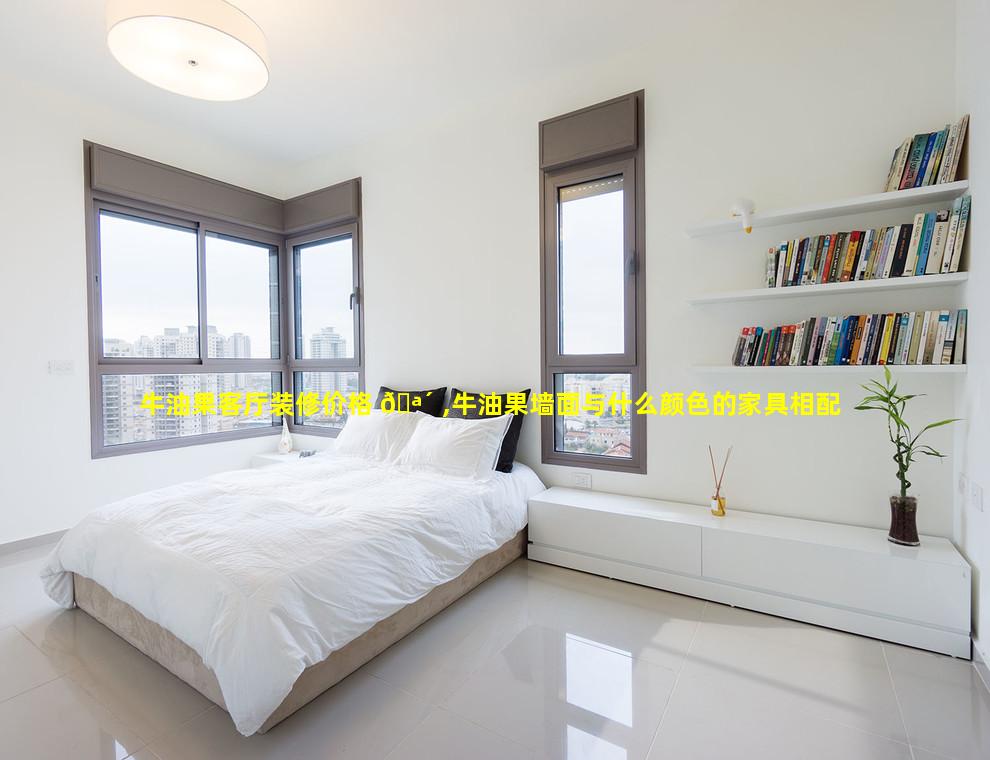日本店铺装修家具价格,日本店铺装修家具价格多少
- 作者: 彭姿玥
- 发布时间:2024-09-07
1、日本店铺装修家具价格
日本店铺装修家具价格
椅子: 50,000 日元至 200,000 日元
沙发: 100,000 日元至 500,000 日元
桌子: 50,000 日元至 300,000 日元
货架: 20,000 日元至 100,000 日元
橱柜: 50,000 日元至 500,000 日元
照明器具: 30,000 日元至 200,000 日元
装饰配件: 10,000 日元至 50,000 日元
影响家具价格的因素:
材料:实木、金属、玻璃和皮革等材料的价格差异很大。
尺寸:较大的家具通常比较小的家具贵。
设计:独特或高端设计往往更贵。
品牌:知名品牌的家具通常比不知名品牌的家具贵。
制造商:日本的劳动力成本很高,因此在日本制造的家具通常比进口家具贵。
提示:
考虑购买二手家具以降低成本。
比较不同商店的价格以找到最优惠的价格。
利用家具销售和折扣。
与室内设计师合作以优化您的空间并选择适合需求的家具。
请注意,这些价格仅供参考,实际价格可能因具体物品而异。
2、日本店铺装修家具价格多少
日本店铺装修家具的价格范围很广,具体取决于家具的类型、材料、尺寸和设计。以下是一些估算:
基本家具
椅子:10,00050,000 日元
桌子:20,000100,000 日元
书架:20,00070,000 日元
展示柜:30,000150,000 日元
中档家具
沙发:100,000300,000 日元
餐桌:150,000500,000 日元
办公桌:80,000250,000 日元
接待处:200,000700,000 日元
高档家具
意大利进口皮沙发:500,000 日元以上
实木餐桌:800,000 日元以上
设计师办公椅:200,000 日元以上
定制接待处:1,000,000 日元以上
影响价格的因素
材料:木材、皮革、金属等不同材料的价格不同。
尺寸:较大的家具往往比较小的家具贵。
设计:独特或复杂的设计往往比基本设计贵。
品牌:知名品牌的家具通常比不知名品牌的家具贵。
定制:定制家具比标准家具贵。
建议
在购买家具之前确定预算。
货比三家以找到最佳价格。
考虑家具的耐久性和功能性。
投资高品质的家具可带来长期的舒适和节约。
3、日本店铺装修家具价格表
传统家具
榻榻米床架:30,000日元至500,000日元
被褥:10,000日元至50,000日元
茶几:5,000日元至50,000日元
矮桌:3,000日元至20,000日元
坐垫:1,000日元至10,000日元
现代家具
沙发:50,000日元至300,000日元
扶手椅:20,000日元至100,000日元
床架:30,000日元至150,000日元
餐桌:40,000日元至200,000日元
椅子:10,000日元至50,000日元
定制家具
衣柜:100,000日元至500,000日元
书架:50,000日元至200,000日元
床头板:20,000日元至100,000日元
桌子:30,000日元至150,000日元

椅子:20,000日元至100,000日元
其他项目
灯具:10,000日元至50,000日元
地毯:10,000日元至50,000日元
窗帘:20,000日元至100,000日元
镜子:5,000日元至20,000日元
艺术品:价格范围广泛
注意:
这些价格仅供参考,实际价格可能因材料、款式、大小和商店而异。
日本的家具价格通常比其他国家高。
建议在购买前比较不同商店的价格。
4、日本家居装修风格图片
1. Traditional Japanese Style
Key Characteristics:
Clean lines and simple forms
Use of natural materials such as wood, stone, and paper
Emphasis on open space and light
Shoji screens and tatami mats
Neutral color palette with pops of color from nature
2. Zen Style
Key Characteristics:
Minimalist and uncluttered
Focus on natural elements and simplicity
Use of neutral colors and textures
Plants and water features
Zen gardens
3. WabiSabi Style
Key Characteristics:
Embraces imperfections and beauty in transience
Use of rustic and aged materials, such as wood and stone
Asymmetry and irregularity
Earthy color palette with touches of green and brown
4. Modern Japanese Style
Key Characteristics:
Mixes traditional and modern elements
Clean lines and geometric shapes
Use of highquality materials, such as leather and metal
Neutral color palette with bold accents
Open and airy spaces
5. ScandinavianJapanese Style (Japandi)
Key Characteristics:
Blend of Scandinavian and Japanese aesthetics
Simple and functional design
Use of natural materials and neutral colors
Cozy and inviting spaces
Pops of color and greenery




